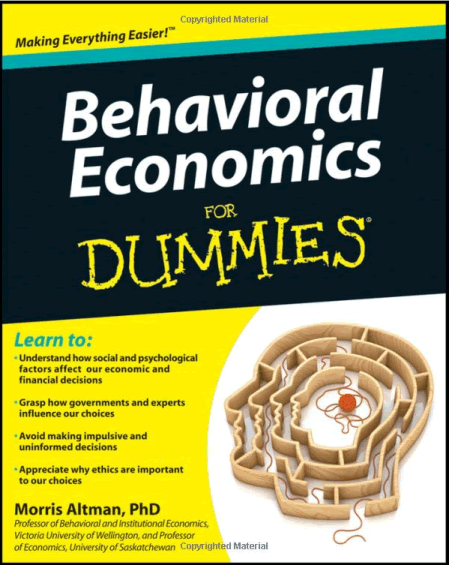- 22 Feb 2012 00:50
#13901949
[quote="Publius"][quote]The main issue is government ignorantly trying to decide how to "help" the economy and businesses. The reason we have become the most powerful and advanced country is because of our free market and the ability to let smart business owners thrive by making their own decisions, not being directed by government.[/quote}
Yes. There are reasons that raising the personal income tax would get them to invest, but not in the nation where the tax rates are risen. There is one obvious reason for this.
1. S-Corporations certainly wouldn't invest because all the profits of the S-Corporations would be taxed at rates higher than the Corporate Tax rate already is, which in marginal rates are the highest in the world, or at best, 2nd highest in the world. It is this high rate on C-Corporations, that are subjected to the Corporate Tax rate, that is what prevents large firms from making investments. Sure, people argue that they are making record profits (that's how they survive). If they were to hire a bunch of people and make things that won't sell for 5 years, their cash flows would be in the red for 5 years, then we have large firms filing bankruptcy, which means that all of the suppliers don't receive payments for what they provided and have already spent money on producing. That produces a snow-ball effect. Trickle Down economics works both ways, and this is exactly why the left ignores it, so they don't have to be in touch with reality.
2. Second, the tax rates increase that is being pushed by the American Left on Capital Gains is an automatic reduction to the offset of risk, which reduces investment. Also, Capital Gains taxes are taxes on the individual.
If the expected yield is 7%, and the tax is risen to 28%, as Barack Obama and the Democrats propose, then the total yield would be reduced from $5.95 yield per every $100 invested to $5.04 for every 100 invested. If the risk is a 5% loss, investment will not occur if the Capital Gains tax is risen.
Yes. There are reasons that raising the personal income tax would get them to invest, but not in the nation where the tax rates are risen. There is one obvious reason for this.
1. S-Corporations certainly wouldn't invest because all the profits of the S-Corporations would be taxed at rates higher than the Corporate Tax rate already is, which in marginal rates are the highest in the world, or at best, 2nd highest in the world. It is this high rate on C-Corporations, that are subjected to the Corporate Tax rate, that is what prevents large firms from making investments. Sure, people argue that they are making record profits (that's how they survive). If they were to hire a bunch of people and make things that won't sell for 5 years, their cash flows would be in the red for 5 years, then we have large firms filing bankruptcy, which means that all of the suppliers don't receive payments for what they provided and have already spent money on producing. That produces a snow-ball effect. Trickle Down economics works both ways, and this is exactly why the left ignores it, so they don't have to be in touch with reality.
2. Second, the tax rates increase that is being pushed by the American Left on Capital Gains is an automatic reduction to the offset of risk, which reduces investment. Also, Capital Gains taxes are taxes on the individual.
If the expected yield is 7%, and the tax is risen to 28%, as Barack Obama and the Democrats propose, then the total yield would be reduced from $5.95 yield per every $100 invested to $5.04 for every 100 invested. If the risk is a 5% loss, investment will not occur if the Capital Gains tax is risen.























 - By Potemkin
- By Potemkin - By KurtFF8
- By KurtFF8